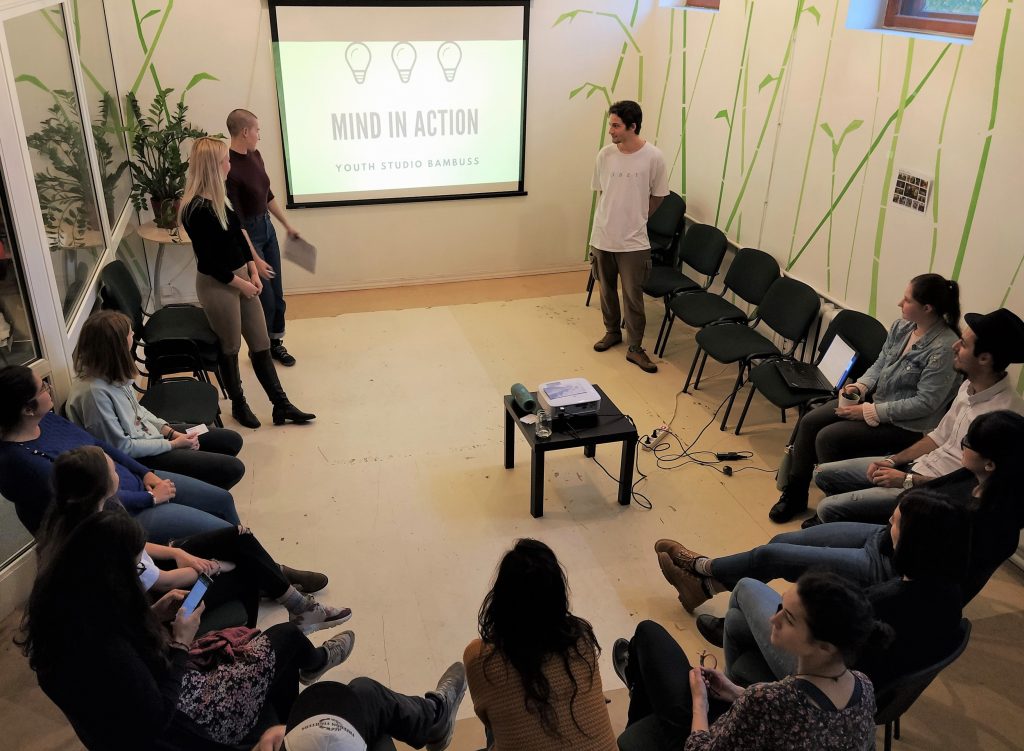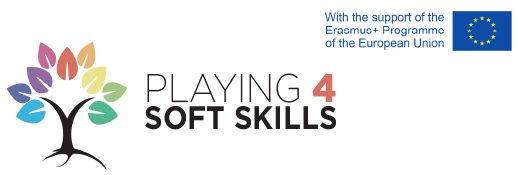We live in very changing times. Life speed, technology, and globalization are very strong driving forces, changing the way we live, interact, learn and work. This means that there is a need to be selective in the way we consume information and think critically in order to make effective decisions.
Critical thinking
Critical thinking is the ability to think clearly and rationally, understanding the logical connection between ideas. Critical thinking has been the subject of much debate and thought since the time of early Greek philosophers such as Plato and Socrates and has continued to be a subject of discussion into the modern age, for example the ability to recognize fake news.
Critical thinking and education
Developing the ability to think critically is an important element for modern education approaches and models. The world is getting both more technical and more complex day by day life environment, that’s why the necessity for education increases for each growing generation. The skill of thinking critically is generally accepted as a very vital stage in every field of learning, particularly in the last decades. One of the significant aims of education is to produce learners who are well informed, that is to say, learners should understand ideas that are important, useful, beautiful, and powerful. Another ir to create learners who have the appetite to think analytically and critically, to use what they know to enhance their own lives and also to contribute to their society, culture and civilization.
Critical thinking and 21st century
Critical thinking is not only the issue connected with education. It is also something that is closely connected to core issues of the society – democracy, human rights, active citizenship, dealing with information. Today most of the people use internet on daily basis, but according to research only few % are digitally competent can demonstrate critical thinking while searching for information online. Another important point when speaking about Critical thinking is that it is a skill considered by many employers as one of the most crucial skills for employees in 21st century. Critical thinking skill can be considered as a “transferable” skill, or “soft”, “generic” or “21st century” skill. And many researches, interviews and studies showed that employers are putting a lot of focus on these skills. Already from 2016, when World Economic Forum made a list of most relevant skills, Critical thinking was the second most wanted skill in 2020. And in 2021 the role of the Critical thinking is not less important, and it can only be predicted that its importance will increase in the future.
Someone with critical thinking skills can:
- Understand the links between ideas.
- Determine the importance and relevance of arguments and ideas.
- Recognise, build and appraise arguments.
- Identify inconsistencies and errors in reasoning.
- Approach problems in a consistent and systematic way.
- Reflect on the justification of their own assumptions, beliefs and values.
Why is Critical thinking important?
The decisions that we make affect quality of our life. And if we want to ensure that our live is the best for us, most successful and happy life, we need to make conscious choices. That can be done with a simple thing known as critical thinking.

How to improve critical thinking skills and make decisions that you won’t regret.
5 Steps to Improving Your Critical Thinking
- Don’t Take Anything at Face Value
The first step to thinking critically is to learn to evaluate what you hear, what you read, and what you decide to do. So, rather than doing something because it’s what you’ve always done or accepting what you’ve heard as the truth, spend some time just thinking.
- Ask Questions
To think critically, we must be ready to question literally everything. You should question any news you get, the statements made by figures of authority and also what you are taught.
- Do Your Own Research
All the information that gets thrown at us on a daily basis can be overwhelming, but if you decide to take matters into your own hands, it can also be a very powerful tool. If you have a problem to solve, a decision to make, or a perspective to evaluate, get onto Google and start reading about it.
- Comprehend your Personal Biases
Biases are the conclusions that we make about the world around us based on our own judgement. A bias usually stems from our feelings rather than from rational thought. What is very important to realize is that ALL of us are biased. We become biased because certain people, activities, or ideas do not appeal to us at some level.
- Separate Facts from Opinions
While a fact refers to the something true or real, which is backed by evidence, documentation, etc. On the other hand, opinion is what a person believes or thinks about something. Fact is a proven truth, whereas opinion is a personal view, that represents the outlook of an individual, which may or may not be based on the fact.

Resources used:
https://www.criticalthinking.org/
https://www.facebook.com/skepsismovement/
https://epale.ec.europa.eu/en/blog/critical-thinking-skills
